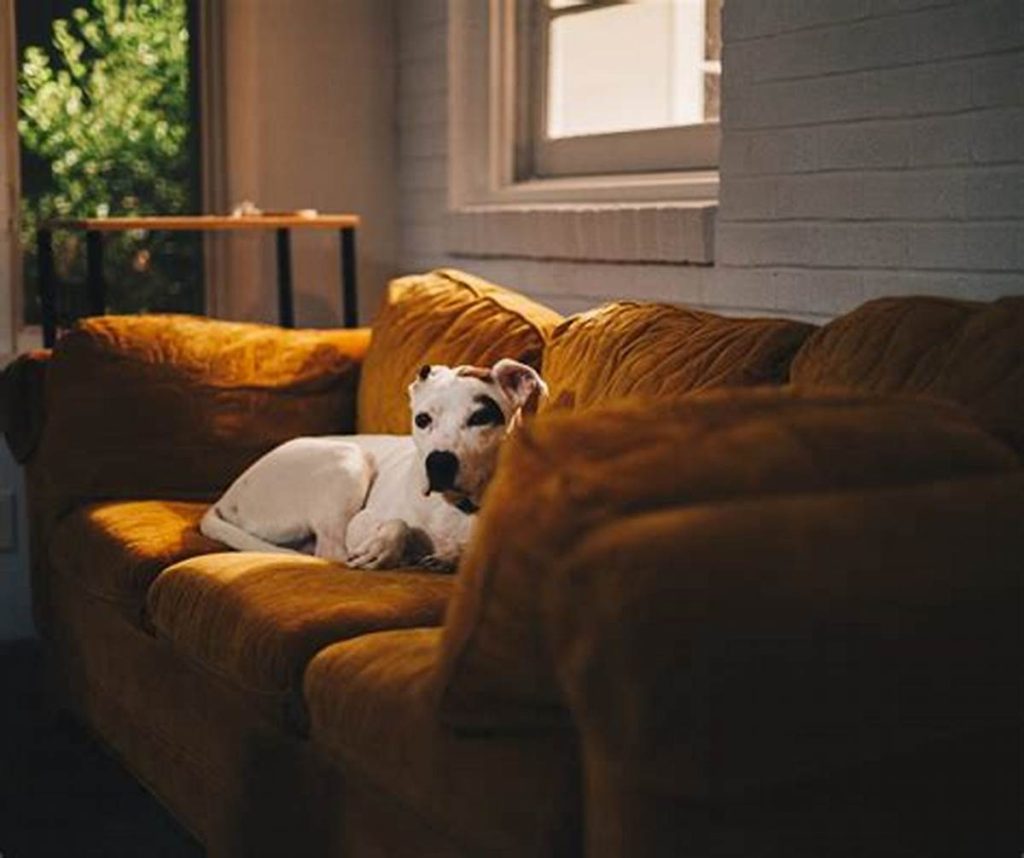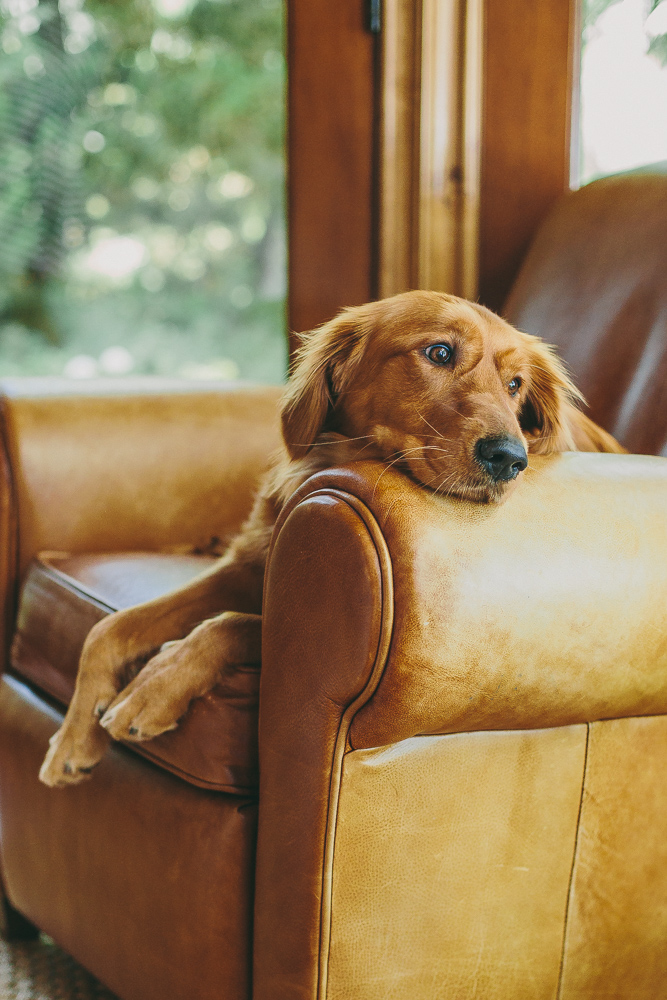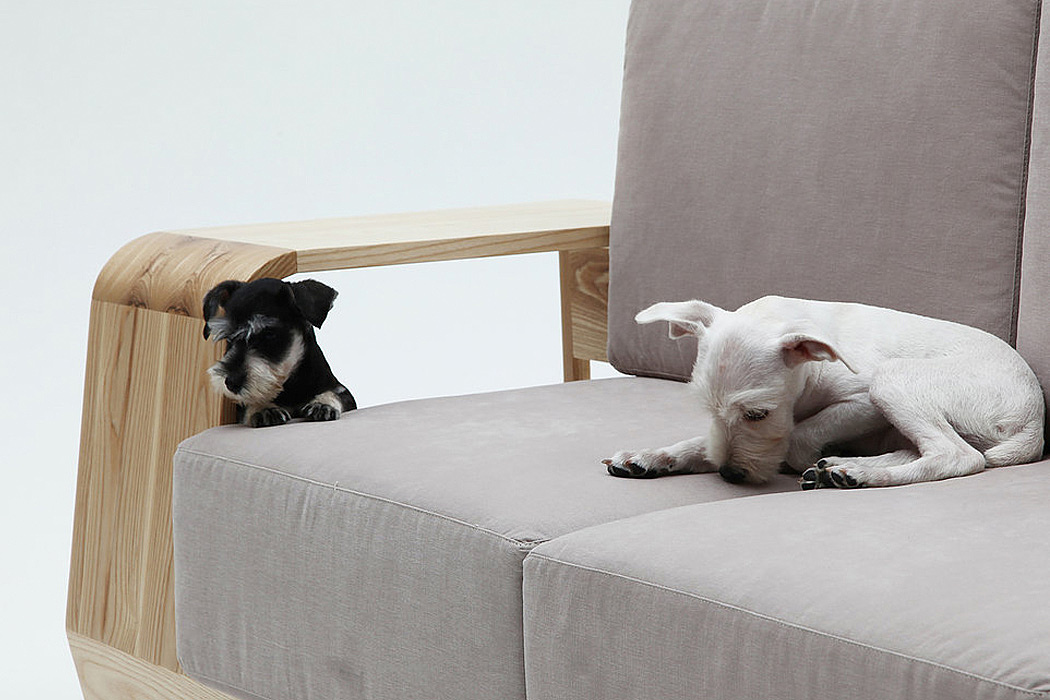Dogs lick the sofa for a variety of reasons. This common canine behavior may seem strange or annoying to pet parents, but it’s important to understand the motivation behind it. With patience and positive reinforcement, pet parents can curb excessive sofa licking while providing alternative outlets for their dog’s natural impulses.
Exploring the Root Causes of Sofa Licking
- Anxiety or Stress. Dogs may lick the sofa as a self-soothing behavior when feeling anxious. The repetitive motion releases calming endorphins. Changes to their environment or routine can trigger this nervous licking.
- Boredom. Dogs left alone for long periods with little stimulation may resort to licking furniture for entertainment. It gives them something to do to pass the time.
- Medical Issues. Allergies, gastrointestinal disorders or other health problems may cause your dog to lick the sofa obsessively. Licking releases comforting endorphins, and they may lick the sofa to relieve discomfort.
- Attention-Seeking. Some dogs learn that licking the sofa gets a reaction from their owners. Even negative attention is better than no attention in their eyes. They do it to get your attention.
- Exploratory Behavior. Licking is a natural exploratory sense for dogs. As puppies, they lick their surroundings to learn more about the world. Dogs may lick the sofa simply out of curiosity or habit.
- Tasty Smells or Residues. Your dog’s superior sense of smell can detect food residues or other interesting smells on the sofa. They lick to investigate the aroma or taste.

Health Risks of Excessive Sofa Licking
While occasional sofa licking may not be a big concern, excessive or obsessive licking should not be ignored. It can pose some health hazards for dogs if left unchecked:
- Dental damage. Constant licking can wear down enamel on teeth.
- GI problems. Ingesting fabric fibers, dirt or other debris from the sofa can cause intestinal blockages or upset stomach.
- Toxin exposure. Licking may transfer toxins from chemical cleaners or pesticides on the sofa to your dog.
- Compulsive behavior. Obsessive sofa licking may indicate underlying anxiety or psychological issues.
- Self-harm. Some dogs lick a particular spot raw due to a medical condition or behavioral disorder.

Tips to Curb Excessive Sofa Licking
If your dog’s sofa licking has become excessive, try these positive training techniques:
- Provide enrichment. Give interactive toys and puzzles to stimulate your dog mentally and physically. This reduces boredom and anxiety.
- Apply deterrent sprays. Use special anti-lick sprays designed to curb licking on the sofa’s surface. They have a bitter taste dogs don’t like.
- Restrict access. Block your dog’s access to the sofa when you’re away. Use baby gates or crate training. This removes the temptation.
- Reinforce good behavior. When your dog chooses an appropriate chew toy instead of the sofa, reward them with praise and treats.
- Address medical issues. If anxiety, allergies or other health problems underlie the behavior, seek help from your veterinarian.
- Provide alternative outlets. Give your dog an acceptable texture to lick, like a licking mat. This redirects the natural licking impulse.
- Use remote correction. When you catch them licking the sofa, startle stop them with a loud noise, voice command or remote correction device.
- Clean thoroughly. Eliminate appealing smells on the sofa by shampooing upholstery and using enzymatic cleaners on any stains or residue.
When to Seek Professional Help
If your efforts don’t curb your dog’s obsessive sofa licking, consult an animal behaviorist. Persistent, excessive licking may require specialized behavior modification therapy or medication in severe separation anxiety cases. A professional can assess if the cause is behavioral, medical or a combination of factors. Don’t just dismiss obsessive sofa licking as a harmless bad habit – seek help to address the root cause.
Sofa licking is a common canine behavior, but excessive licking can pose risks. Understanding why your dog does it is the first step to curbing it. Patience, training and addressing underlying issues can help redirect your dog toward more positive outlets for their energy and impulses. With the right approach, you can have a dog that’s both healthy and keeps the sofa free of slobber!
